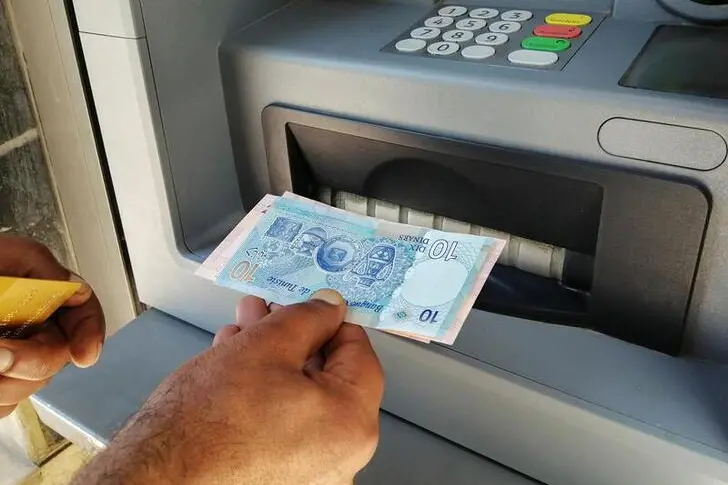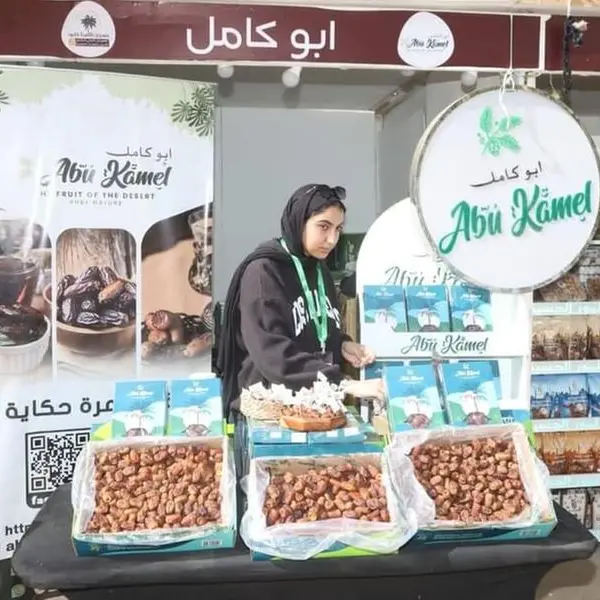PHOTO
Tunisia - The M3 money supply in November 2022 saw a growth of 8.6% year-on-year (YoY), a faster pace compared to the 8% growth seen in November 2021, according to the latest report by the Central Bank of Tunisia (BCT) on Economic and Monetary Developments and Medium-term Outlook, published on Thursday.
This growth in M3 money supply is primarily due to a significant increase in the "M2-M1" category, which saw a growth rate of 10.7%, compared to 7.9% in the previous year. The increase can be attributed to the surge in certificates of deposit by 38.9%, compared to a decrease of 2.8% the previous year, and a rise in term deposits by 10.1%, compared to 6.8% in November 2021.
On the other hand, the M1 money supply remained nearly unchanged, with a growth rate of 7.2% (compared to 7.3% in November 2021).
The increase in M3 money supply can be attributed to two factors: the rise in net claims on foreign entities in November 2022, driven by an increase in foreign exchange reserves, and the acceleration in the growth rate of loans to the economy.
Additionally, the net claims on the State saw a smaller increase compared to the previous year. Meanwhile, the BCT's Central Information Office data showed that loans to the economy grew at a slower pace in November 2022, with a YoY growth rate of 6.9% compared to 7.3% in October 2022 and 6.1% in November 2021.
The slower growth in loans to the economy impacted the loans granted to professionals, which saw a YoY growth of 8.3% in November 2022 compared to 8.7% in October 2022 and 5.9% in November 2021. This was particularly evident in short-term loans, which showed a YoY growth of 16.7% compared to 18.5% in October 2022.
The slowdown in loan growth also affected loans granted to individuals, which posted a YoY growth of 3.1% compared to 3.3%. This can be seen in the slower growth of consumer loans, with a rate of 3.3% compared to 3.7%, and housing loans, with a rate of 2.7% compared to 2.9%.
© Tap 2022 Provided by SyndiGate Media Inc. (Syndigate.info).





















